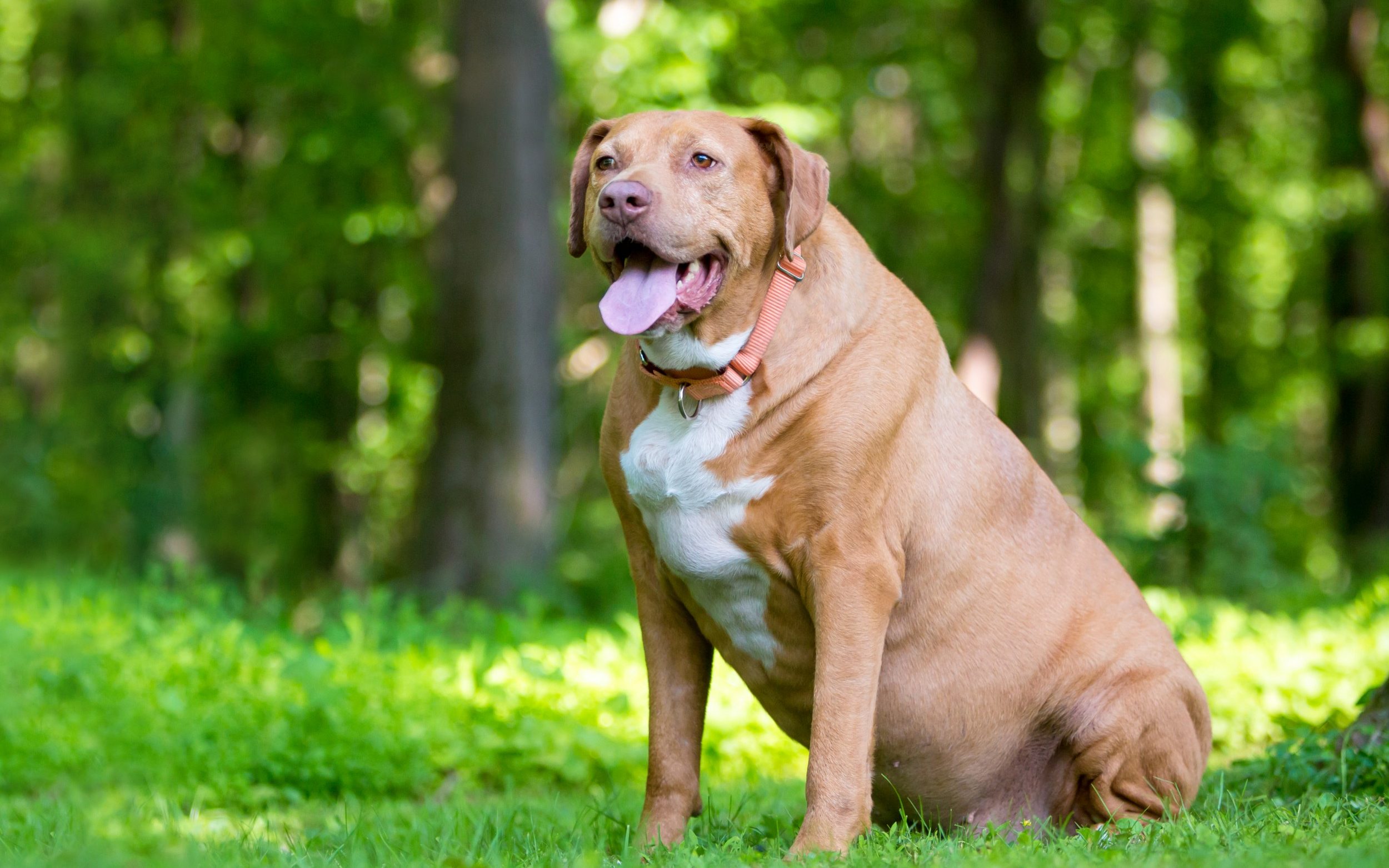 Why Chubby Dogs (and Humans) Can't Resist Overeating
Why Chubby Dogs (and Humans) Can't Resist OvereatingScientists have found that chubby Labrador retrievers possess the same fat gene as humans, which causes them to constantly seek out food and become obese. Almost half of the dogs in Britain are co…